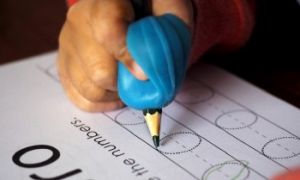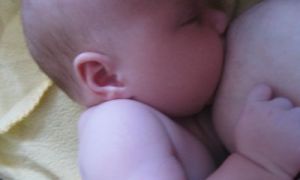You just picked up your toddler from child care or from a play date and you have just been informed that your child has bitten another child. Sometimes the bites are not even visible and yet other times the bites are blue and black, depending on how long your child latched on before someone intervened. For you it can be distressing and upset knowing that your child has hurt another child or an adult but please don't take your frustrations and anger out on your toddler. Even though your child may be a biter they are definitely not “naughty” or “bad”.
Why does my Toddler Bite?
There are many causes which could result in your child biting. Below listed are the most common causes which may cause your child to bite:
- Toddler's are great at imitating, if one bites other children will follow.
- Sometimes bites are caused unintentionally (kisses becomes bites), toddler's do not know the effect it has.
- Some toddler's may bite another child simply because the other child is too close or to get an interesting reaction.
- Toddler's still use their mouth to investigate and explore which may result in biting.
- A toddler may bite to express frustration (tired, unwell etc).
- Lack of attention – best way to get attention is to bite (something that isn't approved of).
Sometimes toddler's only have limited understanding of their behaviour and they don't understand that biting hurts. Although this behaviour has never occurred before in your toddler, biting is fairly common in toddlers and is a normal part of their early childhood development. But it's important to get the biting to STOP...before it gets worse...
What to do when your Child Bites
- Comfort the child who was bitten.
- Provide an ice pack to reduce pain and swelling.
- Provide comfort for the wounded child by saying, "That seemed like it really hurts. I know you don't like it when your friend bites you”.
- Calmly approach your child. By this stage your child will feel overwhelmed and anxious after they bite. You need to comfort, your child too.
- Comfort your child by saying something like, "You seem sad/frustrated/angry (try and identify the feeling) that your friend is hurt from the bite. Even though you may be feeling like this, it is not alright to hurt another child. If your friend is bothering you say STOP in a big loud voice”. Give your child examples of words to say, instead of biting. When talking to your child, talk in a understanding yet firm (not screaming) way.
- Help your child to understand that they hurt their friend. Say something like, "Would you like to go and see Zoe now? You can tell her that you hope she feels better soon." Older toddlers can learn a lot from being allowed to comfort their friend after a bite has occurred. Don't force this; let it happen only if they are both willing.
- Reinforce the rule that we don't hurt people. Help both children understand that your job is to keep everyone safe. Say, "I know you are angry. But I can't let you bite people."
- When the situation is calm again, remind both children on what they can do to assert themselves, like saying "Stop” That's mine!" or "I don't like it". The goal is to teach assertiveness and communication skills to both your child who bites and the child who gets bitten.
Praise and acknowledge good behaviour, when you observe your child behaving well – not biting siblings or friends, not biting to get what they want and it's important to be generous with praise to build your toddlers confidence and self esteem. Be specific say something like “your sharing the puzzle so well with your sister” or “you are being very kind and gentle to your little brother”.
How to stop my Biting Toddler?
Listed below are a few strategies you can use to get your toddler to stop biting:
It's important to be watchful and supportive of your child and aim to prevent biting behaviour before it actually occurs. Simply by watching your toddler interact with other children or adults will enable you to see what situations generally lead up to the biting in the first place. For example your child may bite another child for wanting to play with the same toy. In this case it's important to teach your toddler about sharing and taking turns. If you see your child moving closer, ready to bite, quickly distract your child (by clapping your hands or making a loud noise) and offer an alternative toy for your child to play with.
Encourage your toddler to use words to express how they feel and teach positive ways of interacting and communicating with others. For example, if your child doesn't like the way another child is treating them and they bite to help protect themselves, you could teach your toddler to say “STOP” and move away from that particular child. By helping your toddler learn appropriate ways to behave reduces the chance of inappropriate behaviour occurring.
Try and explain to your toddler that “biting hurts and you must not bite'. Talk naturally to your toddler about how biting hurts other children but try not to dwell on it.
Never bite your child back. This sends a very confusing message to your child. “Why is biting bad if adults are allowed to bite'.
What to do when Nothing Works
If you have tried all the methods and nothing seems to be working, there may be something getting in the way of your child’s learning, such as anxiety. It's important to remember that each child learns and develops in different ways and some children take longer than others to learn. Don't give up! You just need to be more consistent!
Have a plan of action and stick to at least one method. Make sure all your family and your child's carers are on the same page, so if the biting occurs again, there is a plan to deal with it, that everyone is aware of. If you are trying one method and your child's carers are trying another, this could send mixed messages to your child. This will make it confusing for your child in knowing what the right thing to do is.
It's best to give clear commands and be positive. At this age your toddler can’t understand negatives, so avoid using “don't”. Try “we keep our mouths to ourselves” instead. Try not to raise your voice and speak in a firm voice. Don’t overdo explanations as your child may come to realize that biting draws huge attention. If it happens again say something like “biting is wrong” or “biting hurts”.
If you still feel that nothing seems to be working, don't rush off to see a therapist. Talk to friends and family or parents of toddlers who may have some advice that you haven't tried before.
Before you know it your toddler's biting will disappear just as mysteriously as it appeared. However during this stage it's important to keep a close eye on your toddler. As your toddler grows and develops they will begin to socialize and interact with their peers in a much more appropriate way. Until then it is important to constantly encourage your toddler to use words to express how they are feeling and to seek help in a positive way.


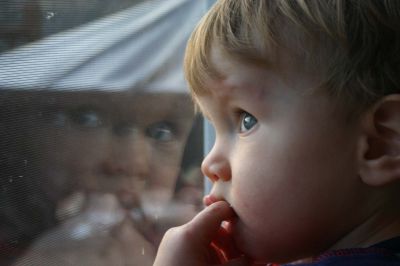
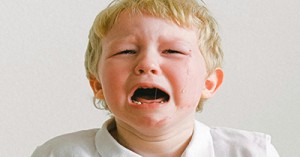

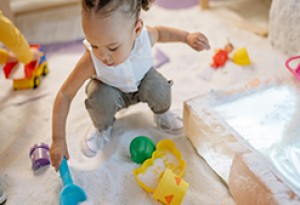
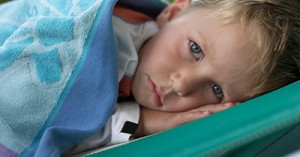
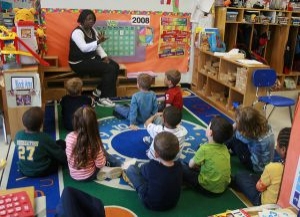 Working as a childcare professional can be a challenge especially when dealing with behavioural problems which may arise. The techniques we use when dealing with
Working as a childcare professional can be a challenge especially when dealing with behavioural problems which may arise. The techniques we use when dealing with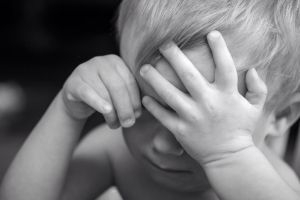 There are different types of behaviour that children can display and sometimes it can be hard to manage, especially if a child is having behavioural
There are different types of behaviour that children can display and sometimes it can be hard to manage, especially if a child is having behavioural As a parent, your behavioural expectations of your child can be higher than what is actually developmentally appropriate for your child's age.
As a parent, your behavioural expectations of your child can be higher than what is actually developmentally appropriate for your child's age.
 As Educators, there will be many instances where you will need to write about a child's behaviour. For a behaviour management plan, assessments, half-yearly or
As Educators, there will be many instances where you will need to write about a child's behaviour. For a behaviour management plan, assessments, half-yearly or As Educators when communicating with Parents (through verbal or non-verbal communication), there will be times where we need to discuss issues or concerns that may
As Educators when communicating with Parents (through verbal or non-verbal communication), there will be times where we need to discuss issues or concerns that may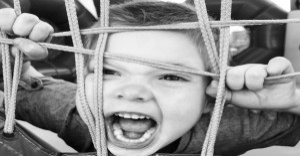 Challenging Behaviour is when a child does something that hurts themselves and/or other people.
Challenging Behaviour is when a child does something that hurts themselves and/or other people.
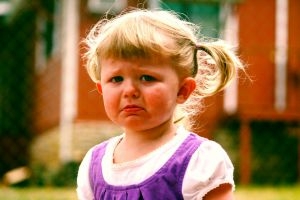 As part of your child's development it is normal for your child to have anxiety and fears. A baby commonly shows a fearful sign to
As part of your child's development it is normal for your child to have anxiety and fears. A baby commonly shows a fearful sign to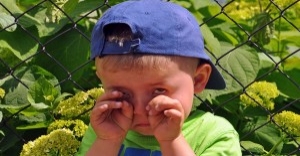 It's always difficult to bring up behavioural issues with parents, it can be nerve wrecking to tell a parent that their child misbehaves but that
It's always difficult to bring up behavioural issues with parents, it can be nerve wrecking to tell a parent that their child misbehaves but that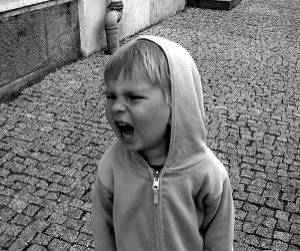 All children deal with anger on a daily basis. Thinking about it as a child, there is a lot to be angry about. Elder people
All children deal with anger on a daily basis. Thinking about it as a child, there is a lot to be angry about. Elder people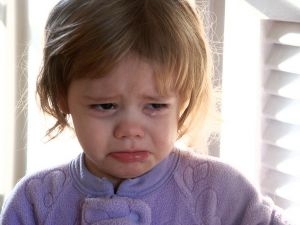 It is important to understand that your child behaviour problems could not just be from attention seeking. There are many factors to take into consideration
It is important to understand that your child behaviour problems could not just be from attention seeking. There are many factors to take into consideration